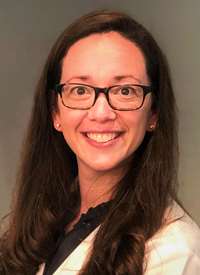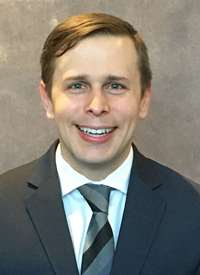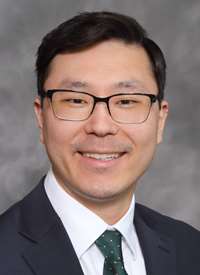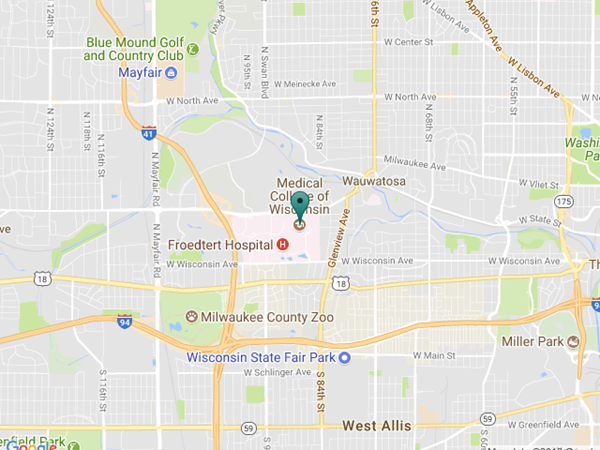MCW Internal Medicine Physician-Scientist Immersion Program (MCW-PSIP)
The MCW-PSIP is one of the original 7 R38 programs funded by the National Heart, Lung, and Blood Institutes and is committed to providing two years of dedicated protected research time for internal medicine residents interest in a physician scientist career. We consider trainees with a wide variety of prior research experience levels, from minimal prior experience through PhD training, and work with the trainee and their mentor to individualize their research training program.
Program Details
Goals
- To provide state-of-the-art training in basic, translational and clinical research that focuses on cardiovascular, pulmonary, and hematology research
- To provide an interdisciplinary collaborative environment for the resident-trainee to develop and conduct basic or clinical and translational research
- To provide intensive one-on-one mentoring by a dedicated preceptor-expert in cardiovascular, pulmonary, and hematologic diseases
- To generate an individual development plan (IDP) with the resident-trainee that maximizes the resident-trainee’s chances of achieving their career goals
- To generate well-trained early career physician-scientists well-poised to grow successful careers
Structure
The overall program is designed to conform to the requirements of the ABIM’s Research Pathway. The training program includes clinical training in general internal medicine and a sub-specialty, such that upon completion of the program, the candidate will be eligible for board certification in the chosen sub-specialty as well as internal medicine
The program will dedicate time as follows:
- 2 years of focused clinical training in the General Internal Medicine Residency Program
- 2 years towards dedicated research training in a field within the areas of interest of the National Heart, Lung, and Blood Institute at 80% protected time
- Short-track sub-specialty fellowship training in your medicine sub-specialty of choice (12-24 months depending on the sub-specialty
- An additional year of 80% research training as a fellow or faculty members
The total number of years depends on the number of years required by ABIM and ACGME for your particular sub-specialty.
The expectation is that a significant portion of the final year of fellowship will be dedicated to the trainee’s research projects and submission of career development award grant program specifically for trainees on this pathway. Research training includes formal coursework relevant to the resident’s project, a personalized mentorship team, and training in grant writing.
Benefits
A critical benefit of this program is being able to access K38 career development awards exclusive to R38 trainees. K38 grants are 1-2 year career development awards only open to applications from individuals who trained in R38 programs.
The Medical College of Wisconsin Affiliated Hospitals (MCWAH) offers a comprehensive benefits package.
Current and Former Trainees

Katie Cohen, MD
Instructor in Medicine

Benjamin Hofeld, MD
Cardiology Fellow

Andrew Kim, MD
Boston University School of Medicine

James Wu, MD
Hematology and Oncology Fellow
Eligibility and How to Apply
You must apply to the MCW Internal Medicine Residency Program to be considered.
Contact Program Leadership


